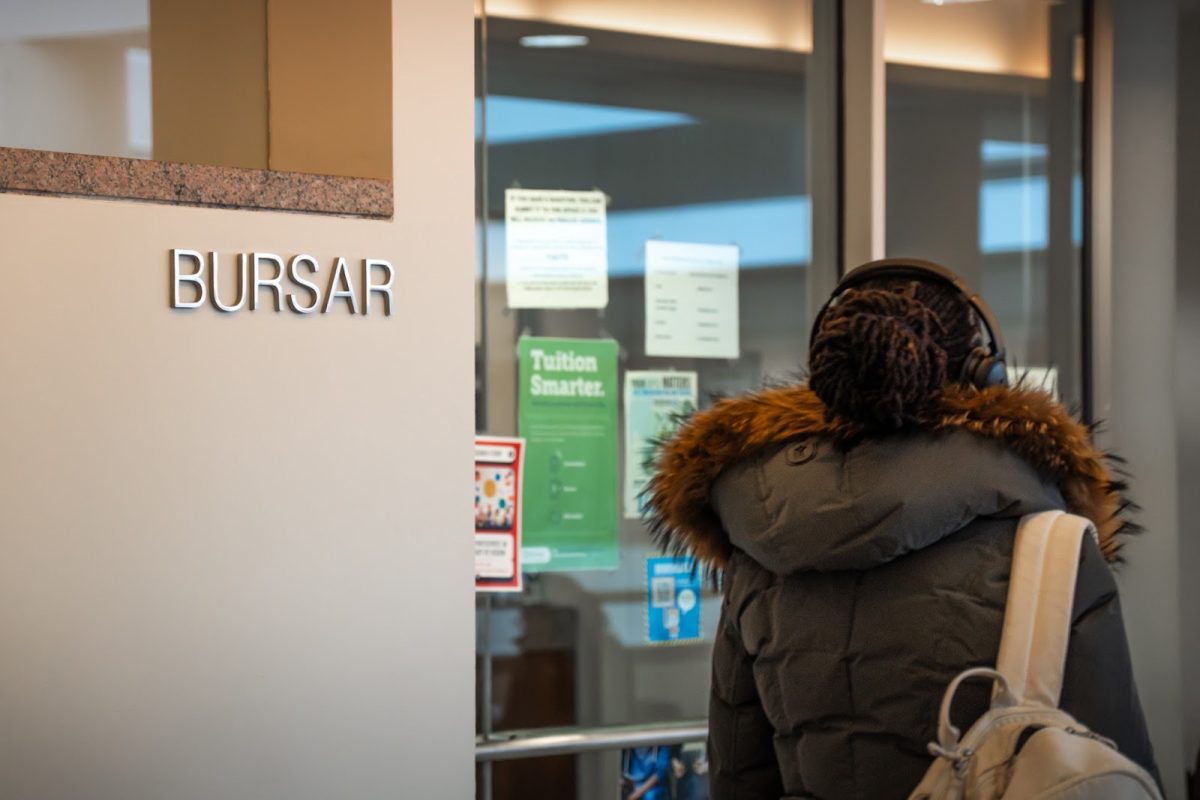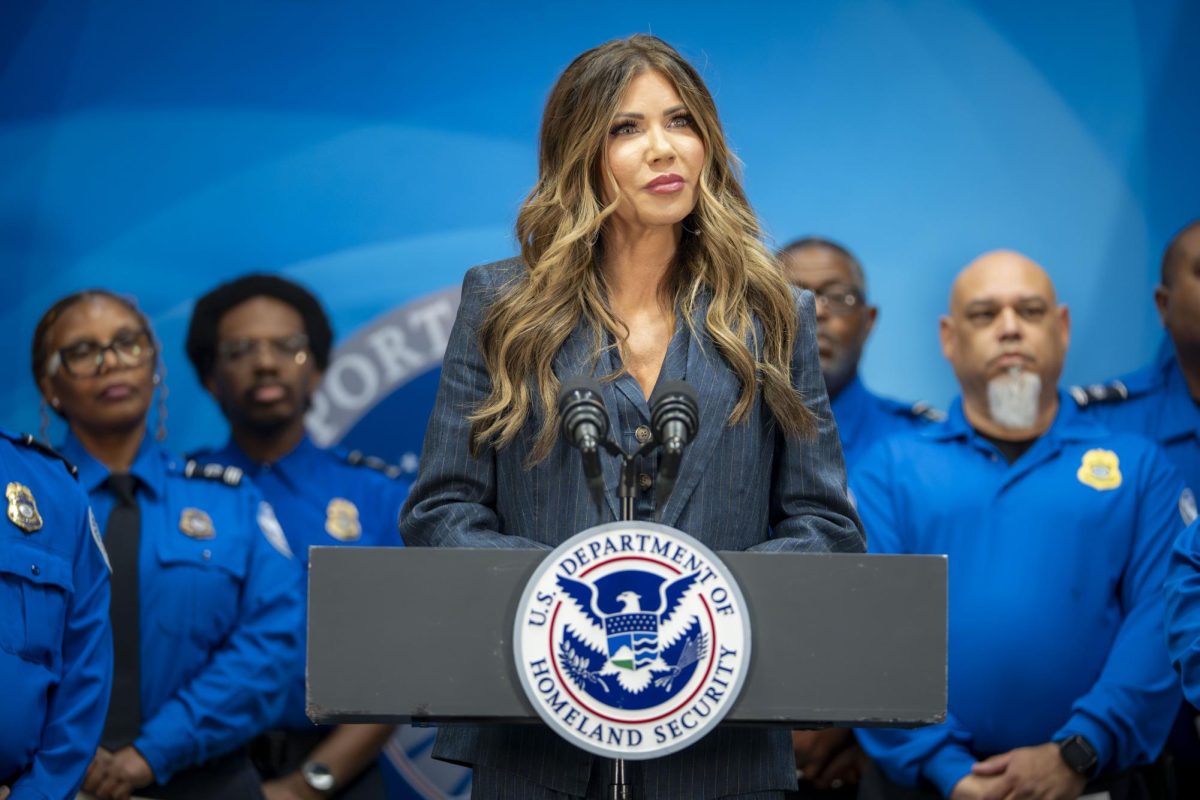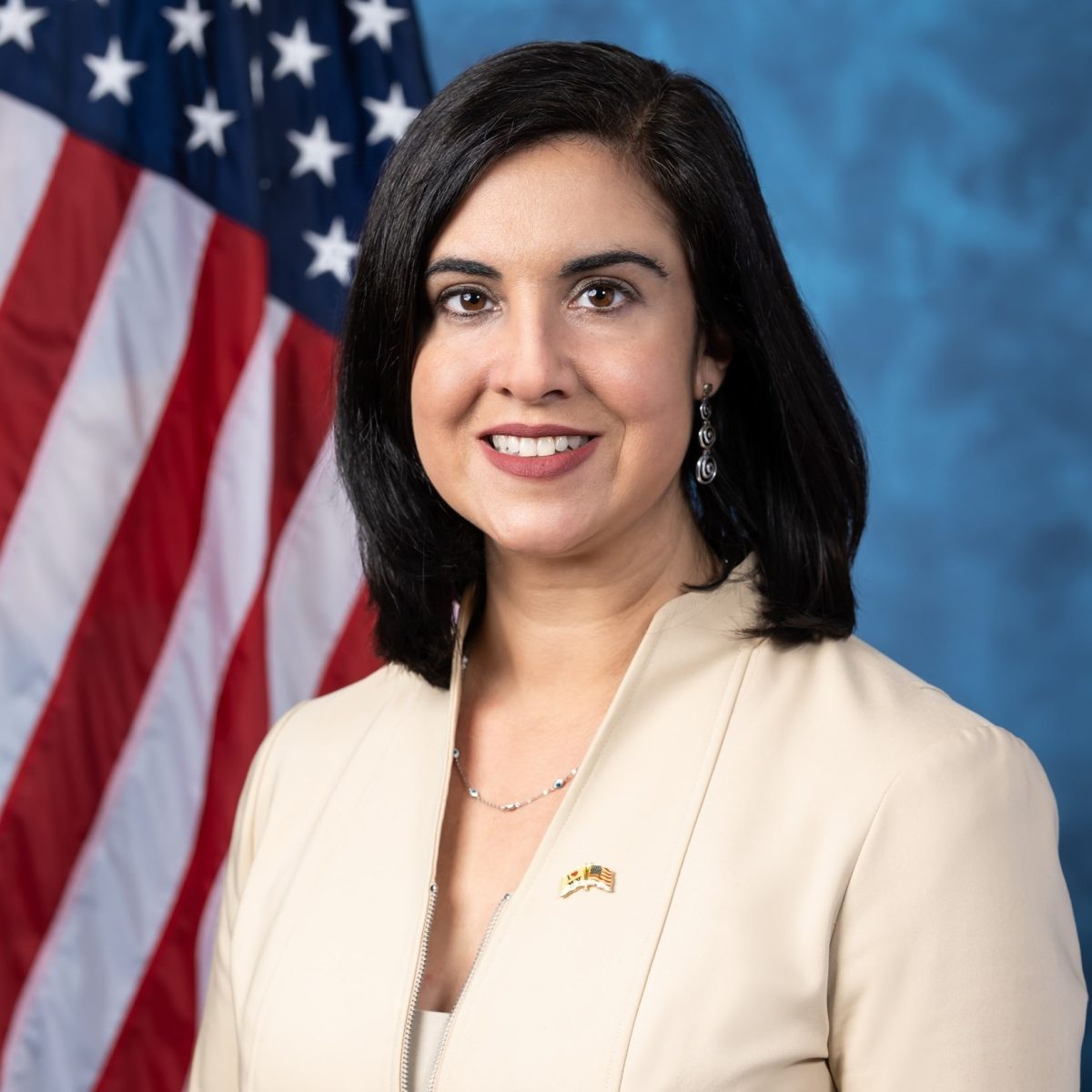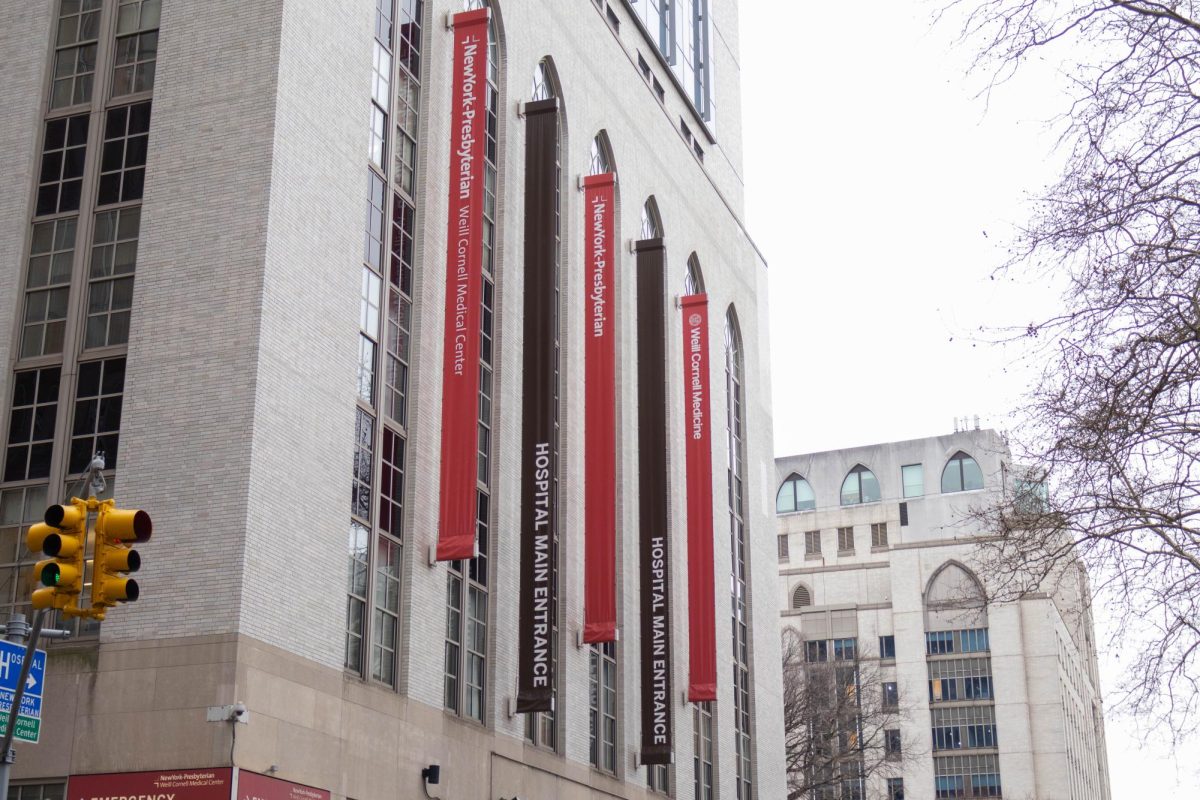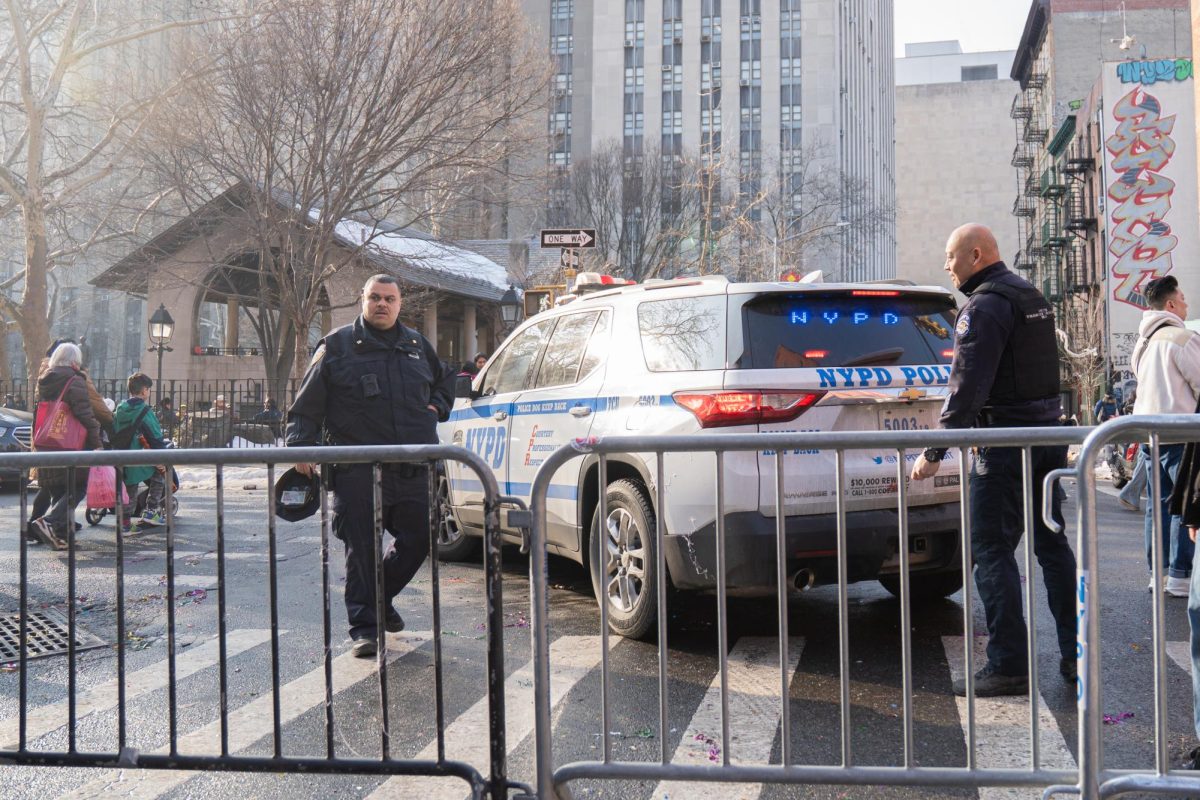Federal U.S. District Judge Loren AliKhan, who was appointed by the former Biden administration, temporarily blocked President Donald Trump’s pause on federal payments minutes before it was set to take effect on Jan. 28.
The pause aimed to prevent the freezing of federal grants and loans as ordered by a White House memo.
It was initially set to last through 5 p.m. on Feb. 3, when another hearing would determine the next steps regarding the freeze.
The vague memo triggered widespread confusion and fear among nonprofit organizations, humanitarian officials, students relying on federal loans and Pell Grant recipients.
According to the White House, “the freeze was needed to ensure federal aid programs are aligned with the Republican president’s priorities, including executive orders he signed ending diversity, equity and inclusion efforts,” Reuters reported.
The directive to pause payments was part of Trump’s broader initiative to remodel the federal government by shutting down diversity programs, implementing hiring freezes and reducing foreign aid.
Republicans supported the measure, viewing it as a fulfillment of Trump’s campaign promise to introduce a $6.75 trillion budget.
The Office of Management and Budget stated that the freeze would not affect Social Security or Medicare. Additional reports indicated that programs delivering direct benefits to Americans would also remain unaffected.
However, the blocking of Trump’s executive order added to uncertainty surrounding a financial lifeline for states, schools and organizations that rely on trillions of dollars from Washington.
The memo also left unresolved the potential for constitutional clashes over the use of taxpayers’ money.
According to the United States Constitution, “No money shall be drawn from the Treasury, but in Consequence of Appropriations made by law; and a regular statement and account of the receipts of all public money shall be published from time to time.”
This clause establishes that federal funds can only be spent if authorized by law and is often cited in legal challenges against executive actions involving the withholding or reallocation of funds without clear congressional approval.
Therefore, AliKhan’s decision to block the freeze may have been based on concerns that it was an unconstitutional use of executive power.
In response, Senate Democratic Leader Charles “Chuck” Schumer condemned the freeze, calling it “lawless, destructive and cruel. It’s American families that are going to suffer most,” he told Reuters.
Federal agencies had until Feb. 7 to respond to questions regarding which programs would be included in the order.
Although state Medicaid agencies were temporarily unable to access funds for programs covering over 72 million low-income Americans, the OMB issued a Q&A clarifying that funding for small businesses, farmers, Pell grants, rental assistance and other similar programs would not be affected.
On Jan. 22, the Trump administration urged government employees to identify and eliminate any attempts to preserve diversity programs.
In response, 23 states, including New York, California and Washington, filed lawsuits against the freeze, arguing that canceling already allocated funds could jeopardize law enforcement protections, infrastructure improvements, access to quality healthcare and disaster relief efforts.
In an anonymous post on @bls_baruch’s Instagram, a student spoke out against Trump’s actions as “blatantly illegal.”


